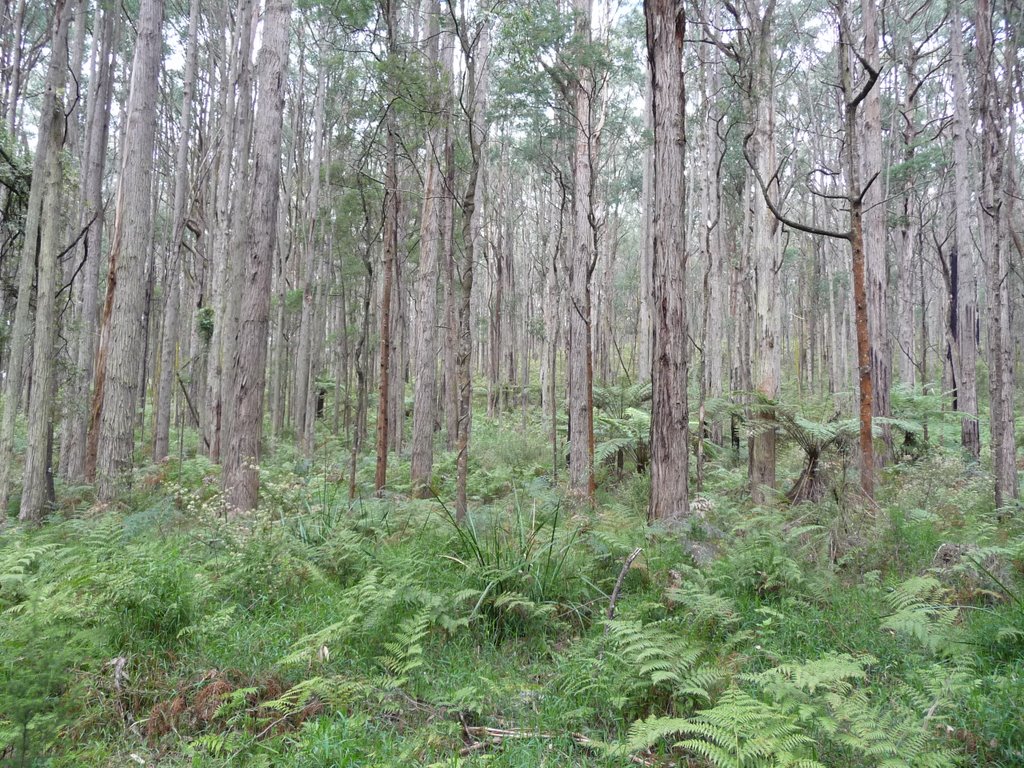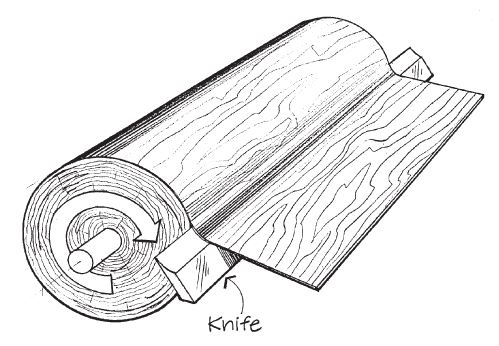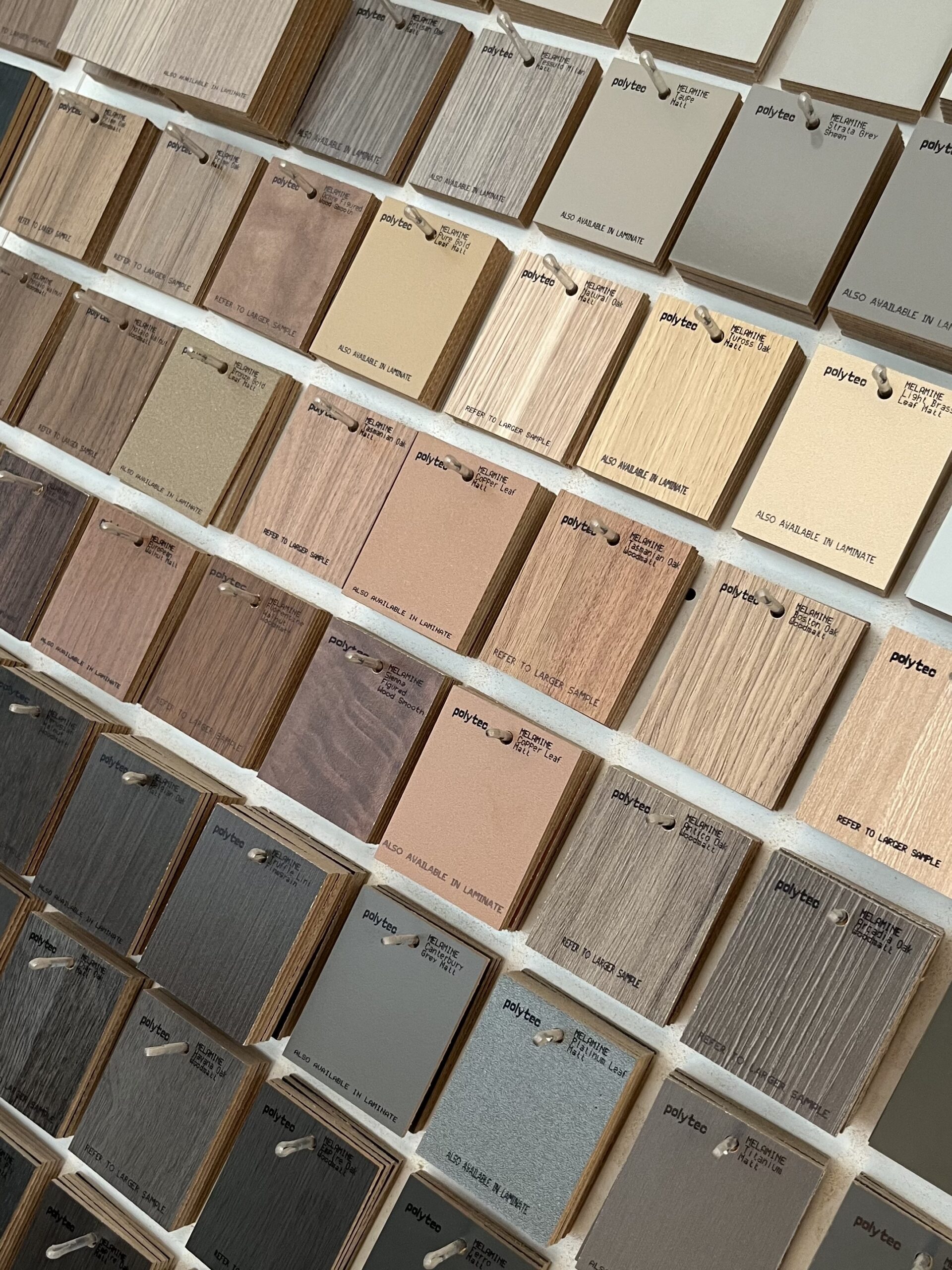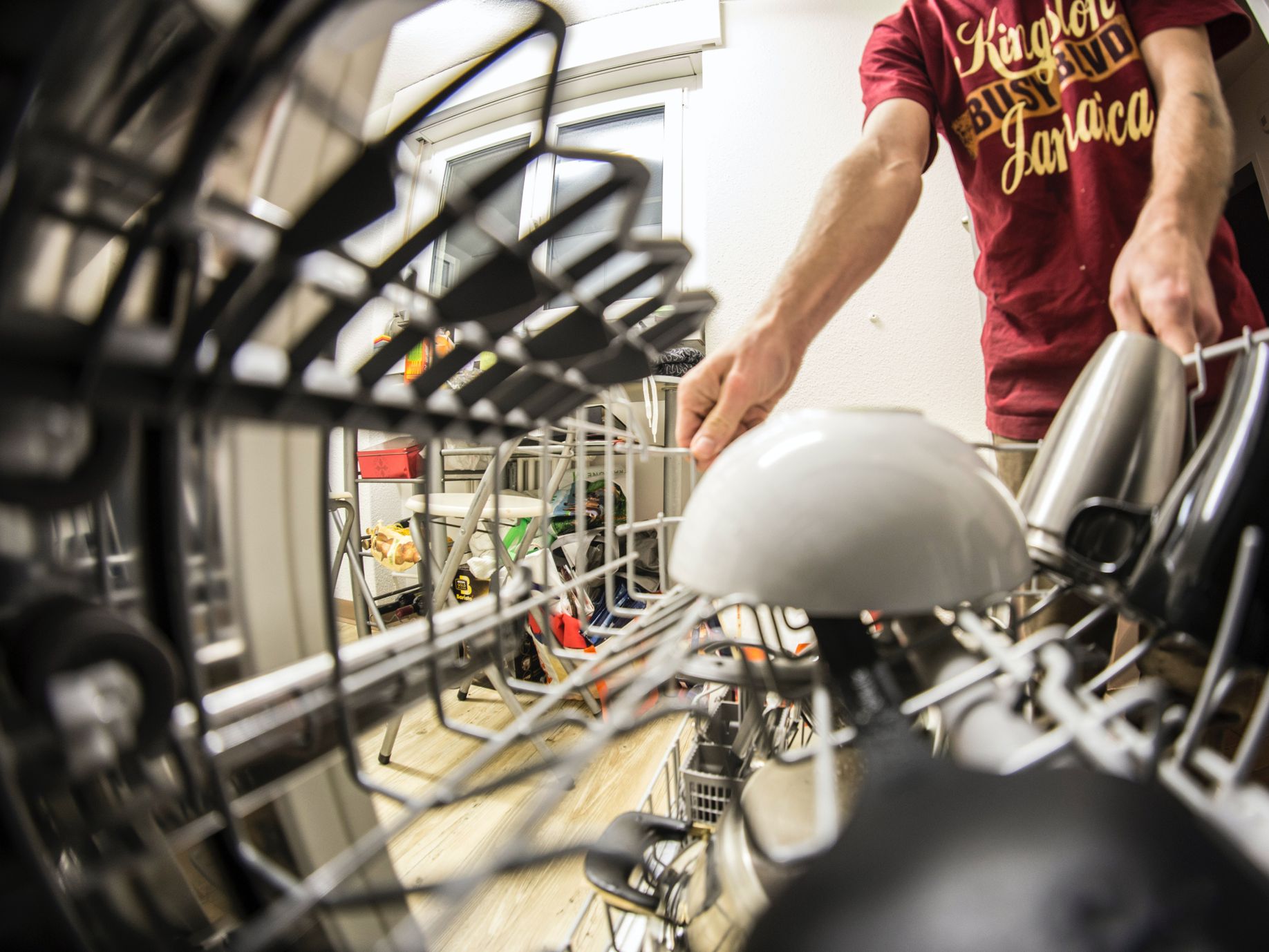The definition of recycled timber is timber that had a previous life on another project. For instance, beams from a barn or flooring from a warehouse. This repurposing can add a sense of history to your project. It’s also a plus for the environment. But is there anything to consider before using it?
There’s nothing better than having someone compliment you on your new piece of furniture. As a cabinet maker, what I find most exciting is telling the story of where the timber for a joinery piece originally came from. Many years ago, we did a large renovation on our home, and the work involved removing part of the roof. It turned out the supports were made from “Messmate” timber. I was lucky enough to have a large amount left over.

Above: The old roof. This timber was eventually utilized on furniture for our home.
I ended up using some of it to make a handful of pieces for our home. Now when we entertain visitors, I take delight in recounting the story about our furniture’s previous life.

Above: Our dining table during construction.
In regards to the above information, here is my list of pro’s and con’s when using Recycled Timber.
Pros:
- Recycled timber is usually dryer and denser. It will be more dent resistant.
- Recycled timber is a statement of environmental responsibility. No longer are we relying solely on sourcing timber from old growth forests.
- The grain pattern in recycled timber is more attractive and interesting. This is due to the fact that recycled timber was sourced from old growth forest.
Cons:
- The time spent removing recycled timber from it’s home adds a cost to the labor component.
- Recycled timber usually has holes from nails or bolts.
- Overall, recycled timber usually cost more than plantation timber.
Using recycled timber saves unnecessary logging of forests, and helps conserve a valuable living resource. It is one of the most environment friendly materials we can use. By using it, we can lower the amount of wood being harvested from our forests, while doing our bit for the environment. It’s worth it to ensure future generations have an environment to enjoy.






